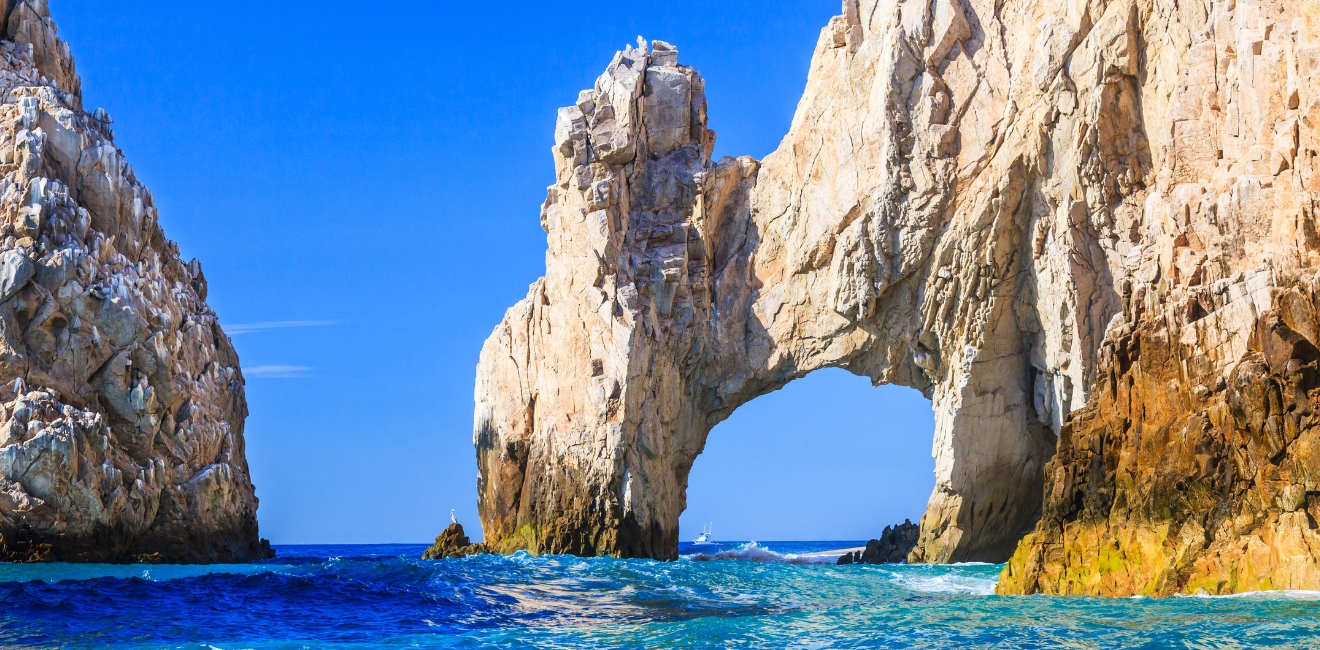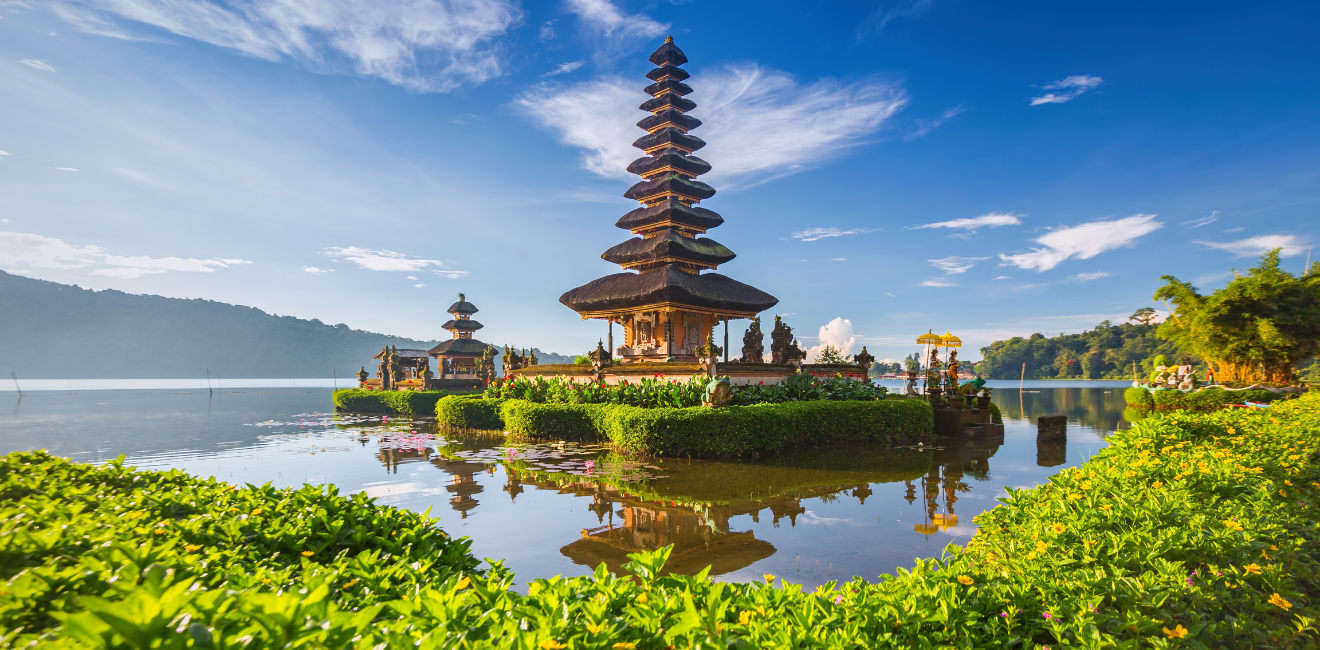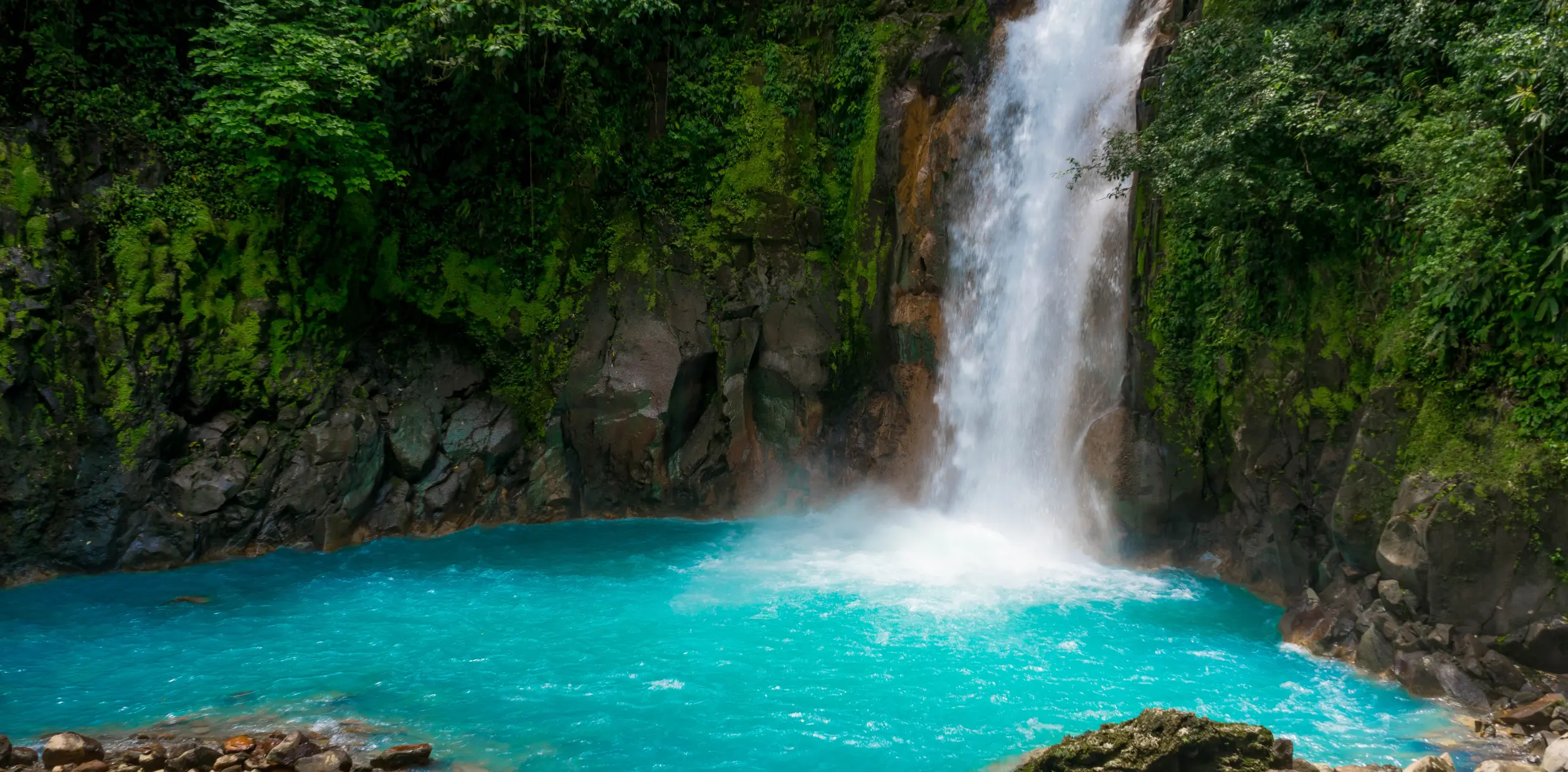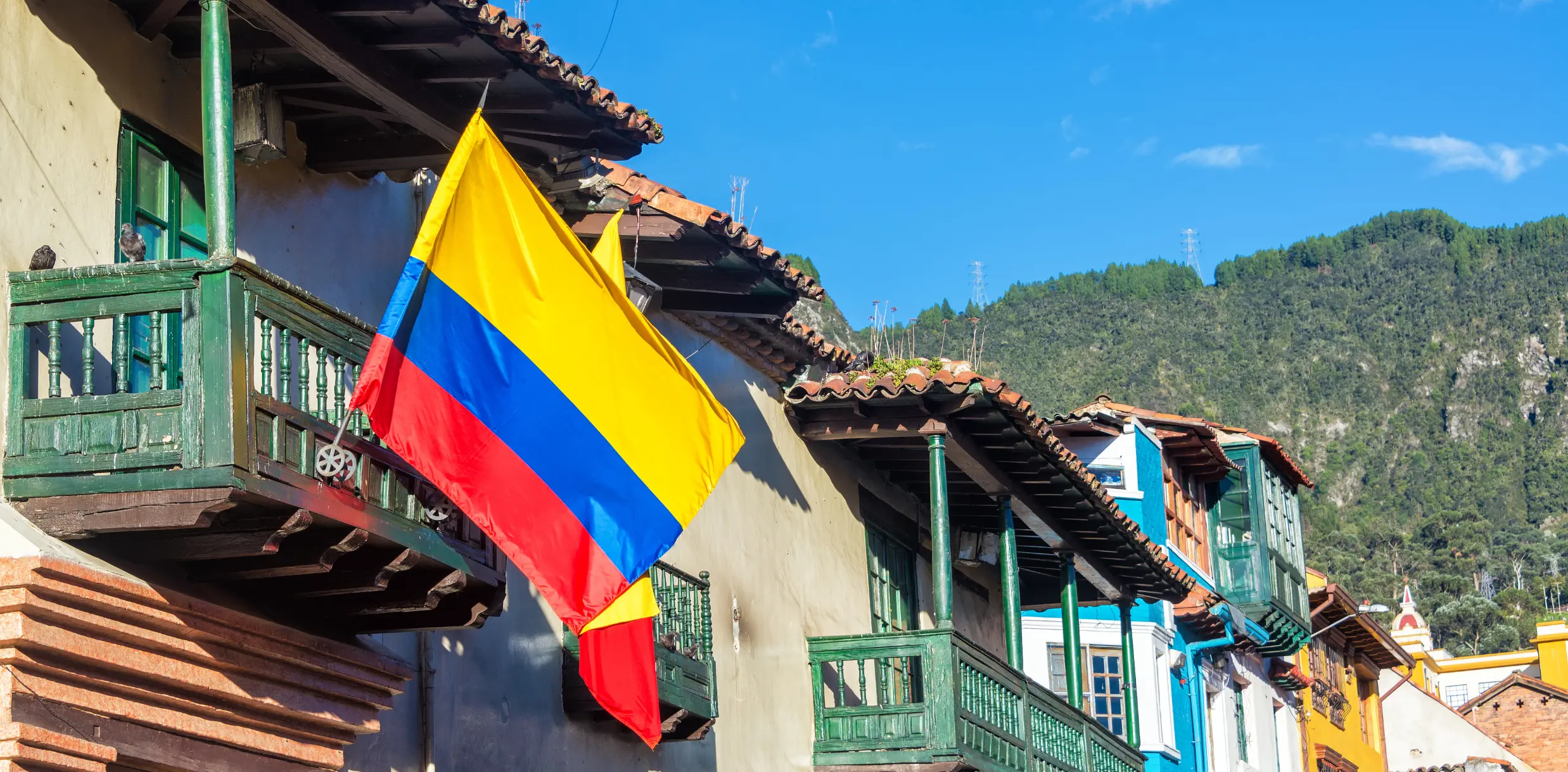With travel restrictions ending around the world, many countries have started to ease border restrictions and reopen for international tourists. Information is changing at a rapid pace so be sure to check often to find out what is going on in your favorite travel destination!
Europe
- Albania: All land borders apart from the border with Greece are open.
- Azerbaijan: All passengers travelling to or from Azerbaijan will require a negative COVID-19 test. The test itself can be taken more than 48 hours before your flight but the certificate showing the negative test result will only be accepted if issued within 48 hours before the flight.
- Austria: Anyone entering Austria who has been in an area for which the Austrian Foreign Ministry has travel warnings in place due to COVID-19, must present a medical certificate with micro-biological test results in English, French, German or Italian which is no older than four days.
- Azores: Before travelling to the Azores you will need proof of a negative test or take a test on arrival. If you are staying more than 7 days, you will need another test after 6 days.
- Belarus: Belarus is open to tourists. Those arriving with a medical certificate showing a negative coronavirus test result, issued no later than 48 hours before entry, will not need to self-isolate.
- Belgium: Belgium has reopened its borders for travel to and from the European Union. However travellers entering Belgium from high risk regions in these countries will be required to self-isolate for 14 days.
- Bulgaria: Bulgaria has lifted its travel ban on UK travellers. You will still have to self-isolate for 14 days. You will not be allowed to leave the country until you have completed the 14 day isolation.
- Croatia: Croatia is open to visitors. You will not have to self-isolate at the border.
- Cyprus: Tourists from some countries are allowed
- Czech Republic: Arrivals to the Czech Republic from ‘green’ countries do not require quarantine.
- Denmark: Denmark has classified all countries as open or restricted. A country’s status can change dependent on its infection rate for COVID-19.
- Estonia: From 1 June, travellers without symptoms arriving from an EU Member State, Schengen Convention state or from the UK will again be allowed to enter the country. Estonia has lifted its quarantine for UK travellers. Estonia is exempt from the FCO advice against all non-essential travel.
- France: Selected countries’ travellers will no longer have to self-isolate on arrival to France.
- Germany: Germany has lifted all travel restrictions for UK travellers.
- Greece: You need to complete this form 48 hours before you arrive in Greece. On arrival you may be given a COVID-19 test. You will have to self-isolate until your test results come back.
- Hungary: If you have proof of a valid permanent residence permit or any permit allowing you to stay in Hungary for over 90 days, you will be treated the same as Hungarian Nationals. This means you can avoid 14-day quarantine if you have proof of two negative tests with 48 hours time difference between the two no older than 5 days before your visit. If you show symptoms on arrival, you’ll go into government quarantine.
- Iceland: Iceland is now open to tourists. All passengers can choose to be tested for COVID-19 or choose to self-isolate for 14 days. Tests around £50 per test if booked in advance. You will need to fill out a pre-registration form before departure. Children born in 2005 or later will be exempt from isolation and testing.
- Ireland: Flights and ferry services continue to operate between Ireland and Great Britain but at a reduced service. New visitors will have to self-quarantine for 14 days. Ireland is exempt from the FCO advice against all non-essential international travel.
- Italy: Italy is open to tourists. Visitors will have to avoid public transport and instead arrange a lift, get a taxi or hire a car.
- Jersey: Jersey’s borders are now open. Prior to travelling, visitors must complete a for contact tracing purposes.
- Latvia: Citizens of the European Union, the European Economic Area, and the Swiss Confederation, as well as people who are permanently residing in those countries, when travelling from their home countries to Latvia, are no longer required to self-isolate for 14 days upon their arrival in Latvia, as long as their home countries have maintained an incidence of less than 15 COVID-19 cases in 100,000 of population for the previous 14 days.
- Liechtenstein: Travellers can enter Liechtenstein. Liechtenstein will not have to self-isolate on arrival.
- Luxembourg: Luxembourg’s borders are open.
- Madeira: If you are travelling to Maderia you will need proof of a negative test and take a test on arrival. Madeira is exempt from the FCO advice against all non-essential international travel.
- Malta: Before you arrive, you need to complete a paper copy of a public health form and a passenger locator form
- Netherlands: Select country travellers are no longer advised by the Dutch travellers to self-isolate on arrival.
- Norway: Select country travellers are allowed to Norway and will not have to self-isolate on arrival.
- Montenegro: Montenegro borders are now open to certain European countries that have 25 or fewer infected for every 100,000.
- Poland: You are not required to self-isolate on arrival in Poland if you are coming from the UK or European Union.
- Portugal: If travelling to Portugal, you will have a health screening on arrival, have your temperature checked and if it is high or you are showing symptoms, you will be referred to health authorities. You may also need to take a COVID-19 test and self-isolate at your accommodation until the results are known.
- San Marino: There are no longer any COVID-19 related restrictions on entry into San Marino.
- Slovenia: Airports in Slovenia have now re-opened for passenger transportation. Health checks are being conducted at all border entry points.
- Spain: Spain has reopened to European travellers. Those entering Spain will need to provide contact information and any history of exposure to COVID-19, have a temperature check, and undergo a visual health assessment.
- Sweden: Sweden’s borders are currently open to select countries.
- Switzerland: Entry to Switzerland from select countries is permitted. Family members from that country are also allowed to enter, regardless of nationality.
- Turkey: Turkey has begun reopening its international air borders.
- Ukraine: Ukraine has reopened its borders to foreign nationals. All foreign nationals will need proof of health insurance on arrival.
North America
Mexico: There are extra measures in place due to coronavirus, but at the moment you can still gain access to the country. Be aware that this could change with little warning, and that some airlines are imposing their own additional restrictions on travellers, different from the Mexican government guidelines. On 20 April, the Mexican government confirmed that the land border between the US and Mexico will remain closed to all non-essential traffic until at least 21 July. Be aware that hotels will no longer receive reservations and only some hotels will be authorised to offer limited accommodation to foreign nationals for humanitarian reasons.
Central and South America
Ecuador: International flights to and from Ecuador have resumed. The restriction on international arrivals has been lifted. Upon arrival, passengers will be required to sign a declaration form with their itinerary and local contact details. They must also present a negative Polymerase Chain Reaction (PCR) test for COVID-19, taken up to seven days prior to departure. If those tests aren’t available in your country, you need to agree to have a test at the airport in Ecuador. All passengers will have to self-isolate for 14 days.
Asia
- Bangladesh: On arrival in Bangladesh, all foreign nationals need to show a medical certificate issued within 72 hours of travel as proof of a negative test.
- Cambodia: Travellers from all countries can now enter Cambodia, but must have a certificate to prove they are COVID-19 free, have proof of insurance that includes a minimum of US$50,000 for medical cover and have a visa before arrival. Cambodia have introduced a $3000 deposit for the COVID-19 service. Fees will be deducted for the test, an overnight stay in a waiting centre, meals at the waiting centre. and the remainder will be paid back. If one passenger tests positive, everyone who was on the same flight as them will be quarantined for 14 days.
- South Korea: All foreign national travellers are being tested for COVID-19 on arrival in South Korea. Testing may take up to 24 hours and you may be held in a separate facility during this time. If you test positive for the virus you will be transferred to the appropriate healthcare facility.
- Taiwan: Foreign nationals will be permitted to enter Taiwan provided they are not entering for study, tourism or to visit friends. You will need to apply for a visa before travelling. Foreign nationals entering Taiwan must provide a negative COVID-19 test report completed three days prior to boarding.You need to apply for a visa before before travelling to Taiwan.
- UAE: Those travellling to Dubai will need a negative COVID-19 test certificate no older than 4 days, and will be tested on arrival.
- Uzbekistan: Uzbekistan has introduced a $3,000 COVID-free guarantee. This means that those who travel to Uzbekistan with a local tour operator or on a small tour will be compensated $3,000 in the unlikely case that get COVID-19.
Africa
- Egypt: Egypt has reopened to tourists. Passengers arriving from all countries will have temperatures observed and will be required to complete a monitoring card with personal details and will need to provide confirmation of valid health insurance policy to airport authorities.
- Ethiopia: The land borders are closed and the airports have strict measures in place. Be aware that if you show symptoms of COVID-19, you will likely be transferred to an isolation facility. All passengers arriving into the country are subject to mandatory self-isolation.
- Liberia: Robert International Airport has reopened to commercial flights. Those arriving in Liberia will be checked for COVID-19 on arrival and will need to wash their hands in soap and water. If you have any coronavirus symptoms, you will be taken to a quarantine facility. You are strongly advised to get a COVID-19 test before arriving in Liberia and present your test result at the border. If you do not have a test before flying, you will need to have a Rapid Test on arrival.
- Mozambique: There are currently limited flights to and from Maputo, but you are strongly advised to check with your airline of travel agent before travelling. Those entering Mozambique need to quarantine for 14 days. Be aware that Mozambique has suspended the issuing of some entry visas.
- Tanzania: Tanzania has resumed international flights. You will no longer have to go into mandatory quarantine (unless you have symptoms). Enhanced screening is still in place.
- Tunisia: Tunisia accepts ‘green’ countries, meaning select countries can visit Tunisia, without having to face any coronavirus-related entry requirements.
- Rwanda: Rwanda is now open. You will need proof of a negative test that’s been taken within 72 hours prior to your arrival. You will also need to take a second test before visiting the country’s attractions.
- Zambia: Zambia’s borders are open but under tight screening. All tourist visas to Zambia have been cancelled. Travellers to Zambia will be tested with a nasal swab for COVID-19 on arrival. Anyone who goes to Zambia will have to go into mandatory quarantine for 14 days at a government-run facility. You cannot leave the country until you have completed the 14-day quarantine period. All tourist visas to Zambia have been cancelled. Kenneth Kaund International Airport is open to international flights but all other provincial airports remain closed to international traffic.
South Pacific
- French Polynesia: French Polynesia has opened its borders to foreign travellers. You must complete a travel certificate to enter, as well as having proof of a medical certificate and will gave a health check at the border.
The Caribbean
- Antigua and Barbuda: Antigua and Barbudahas reopened its borders and is welcoming tourists. All arriving passengers must take a mask with them and wear it in public areas while in the country. You must complete a health declaration form. Screening is in place. You will be subject to a coronavirus test on arrival and must pay $100 for it.
- Aruba
- Bahamas: Those wishing to travel to the Bahamas will need a negative COVID-19 certificate and will have to comply with other measures.
- Barbados: All persons arriving in Barbados should be tested for COVID-19 at an accredited laboratory. You must take a COVID-19 PCR antigen test 72 hours in advance of your flight and submit an Embarkation/Disembarkation (ED) card 24 hours prior to travel. Barbados will lift most Covid-19 restrictions on 1 July.
- Bonaire/St Eustatius/Saba: Bonaire has opened its borders to most countries.
- Guadeloupe: If you wish to travel to Guadelope, you will need to complete a travel certificate. You will also be subject to a health check upon arrival, which may result in a period of quarantine.
- Jamaica: Jamaica is now open to tourists. COVIV-19 nasal swab tests will be carried out at the airport and all travellers must complete a special form before their trip.
- St Barthélemy: The island has announced it is open to tourists. You will need to provide proof of a negative COVID-19 test that is no more than 3 days old.















Leave a comment: